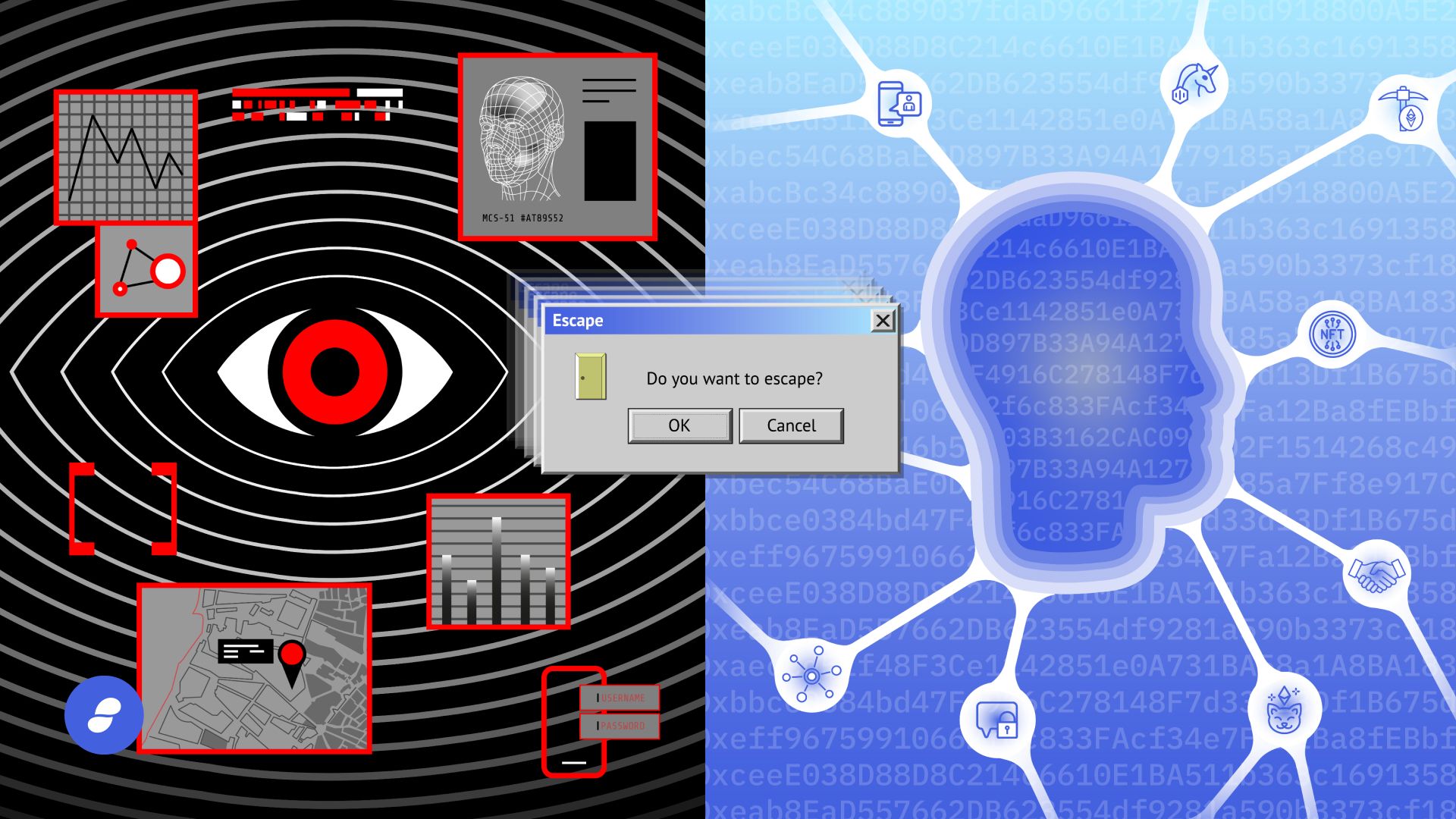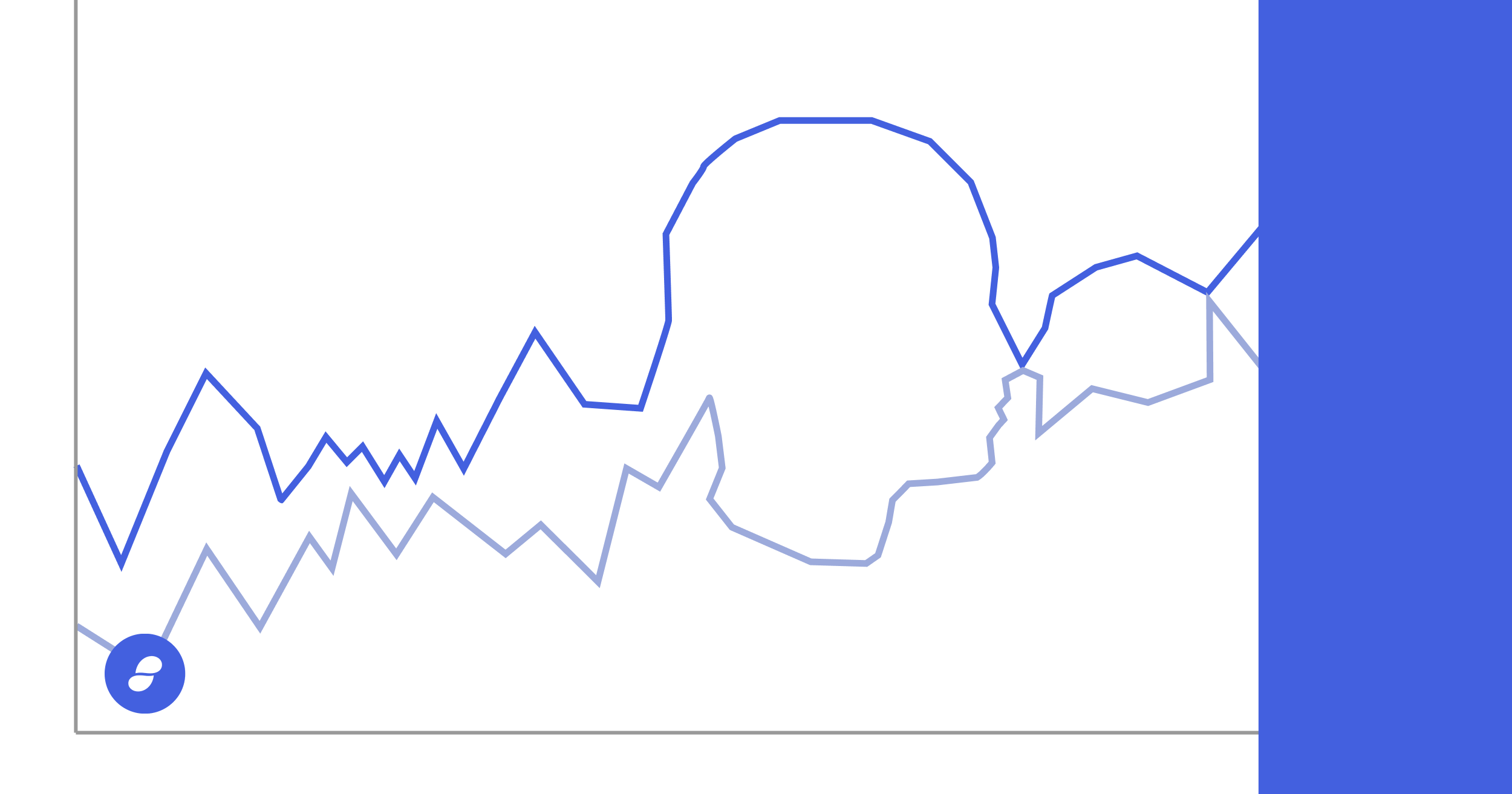The Social Evolution

Human beings are incredibly adaptive.1 We can acclimate to just about anything. Going with barely any food or water for long stretches, or losing a limb. Things that seem drastic or impossible become routine, and things that are frustrating or upsetting become easier and easier to overlook.
And so, we have acclimated.
What is community? People, friendship, a feeling, a set of relationships. Trust, belonging, safety, caring for one another. Shared experiences. Comfort, respect. Shared goals.
The move toward internet socializing has been somewhat gradual, but also somewhat not gradual. COVID-19 forced many hands—COVID-19 and governmental restrictions—offline socialization became off the table.
Community is not spying, manipulating and advertising, hoarding data, fumbling personal information in data breaches, extorting, censorship, echo chambers, profiteering. Community is not these things.
And yet, we have acclimated.
Web2 communities don't really feel like communities, for good reason, but we have acclimated. We have had no alternative. Web2 companies and big tech companies provided the only option approximating a community for many people, and so we trick ourselves into ignoring the weird, privacy violating, discomforting, aggressive censorship of such platforms—not what a community is, but that's all we've got. So we've acclimated.
Cozy living rooms, cinemas, parks, and beaches were replaced with Zoom, Skype, Twitter, and Facebook.
Do you remember the friendships and communities of childhood? The social evolution that took place on playgrounds, football fields, at campsites, in school hallways, and at your friend's house.
Do you remember when you could socialize carefree with your friends, not worrying about your information being sold to advertisers, your speech or beliefs being grounds for censorship? (well, some of us will have experience with a certain type of censorship)
We don't do that anymore. But how do we do communities online?
We use social media websites. Social networks. Group chats. TikToks. We broadcast our activities, what games we are playing, what music we are listening to, we send and upload pictures and videos. It's "free", of course, but... not really.
Facebook has stated outright that they don't charge users because they can collect so much data from them, and implied that they might charge users if that wasn't the case. This is a sure sign that the internet is becoming less friendly toward the privacy-focused, but the internet has been privacy-unfriendly for some time now.
If you use a VPN, Google will frequently hit you with captchas, Twitter and Discord will require you to validate your account with a phone number—multiple times in some cases, and several services will simply deny you access.
Attempting to use the internet with any real degree of privacy makes it quite obvious how "free" these platforms really are.
And with the move toward online socialization, the monarchs of Web2 are gating not just their own platforms behind a surrender of your privacy, but friendships and communities themselves.
In a Web2 community, your interests are frequently at odds with that of the service. You have no say. If you're having a conversation in meatspace with 3 people, each of you has a lot of control over the conversation. But when that conversation is moved onto Facebook or Twitter or Discord, you have sacrificed some of that control. The service has veto power. And if they don't like your conversation?
In a Web3 community, your interests and the service's interests are the same, because you can be an owner of the service. You can help decide what direction it goes, how it evolves, what features it releases, and how it protects your privacy. And if you disagree, you can take your governance elsewhere.
In a Web2 community, your privacy is a joke. This ties into the previous point: your privacy is a joke because your privacy is their profit. The reason you have a web2 community is because your data is valuable—valuable in part because it functions as a sort of easy mode for advertising to you. The more a company knows about someone, the more easily they can convince them to spend money.
In a Web3 community, privacy is one of the core features, built in to many protocols and networks as a non-negotiable foundation. (This doesn't mean that you are any more restricted on Web3—Status defines Privacy as "the power to selectively reveal oneself to the world" so, if you want, you can still share your data, but the choice is yours, not theirs.)
In a Web2 community, your actions and speech are constantly being recorded, transcribed, parsed, and processed. You must abide not only the whims of the Web2 overlords, but also of whatever governments that manage to exert control over said overlords (this is more general than "whatever government they reside in," because it's not always that specific—many companies have to play ball with the US, even if they aren't located within the US, for example). If Reddit hasn't already decided to censor you, then Pakistan might decide your content is obscene, or the US might mistakenly label your content as illegal.
Web3 communities are decentralized, and lack a single pressure point for governments or other authoritarian or hostile actors to exploit. They also frequently involve protocols that assume hostility from participants, so they are designed around threat models like a government attempting to access privileged information via participation in a network. Web3 communities do not enable government extortion and bullying, but rather protect journalistic freedom.
In a Web2 community, you can attempt to obey the rules, and follow the guidelines, and play along with the algorithms (or else risk the modernized equivalent to banishment)—but this so often boils down to a guessing game wherein you have to assume what the rules are, or extrapolate for cases that are not covered; you have to discern who is enforcing the guidelines and what they actually care about, you have to guess and experiment to vaguely define the algorithms.
In Web3 communities, the rules are formalized in protocols. Subjective determinations of what is or is not allowed are left to the self-moderation of communities, instead of being centralized into the The popularity and success of content (or even people) can be measured, and valued explicitly with tokens representing social capital.
Web2 communities have been a part of synthesizing "the creator economy"—and this has helped many creators, artists, and performers to make a living. Web2 communities have proven to be financially rewarding... but every platform is taking a cut. An extremely large cut, in many cases. OnlyFans takes 20% of creator income, a "predatory cut" for "a glorified payment processor", according to researcher and sex worker Danielle Blunt.
And if that's predatory, well... not a great look for Twitch, who takes 50% of subscription costs.[1][2]
Centralized infrastructure, centralized payment systems, and centralized artificial intelligence have monopolized community on the internet, but only because we've let them, and only as long as we continue letting them. Decentralized payments, decentralized infrastructure, decentralized AI, and more, are constantly evolving to match the growing demand for freedom from the chains of Web2.
We can do better than this techno-artistic feudalism, in which creators are swindled, audiences are fleeced, and it is a requirement to socialize—to see your family, to talk about your favorite books or movies or video games—it is required of you that you sacrifice all of your privacy, your friends and contacts and when you talk to them, ownership of your data, where you go and at what times, your images and videos and content you produce. Everything.
We know that we can do better. We know because we, and many others, are working, right now, on decentralized, community owned, non-exploitative platforms and organizations that support real communities.
What is a community? We decide. We get to decide. Because the internet is constantly evolving, and this is its next stage. The stage of Web3.
- 1If longevity oriented folks are reading this in 21XX and have since decided to use a different terminology, feel free to substitute

